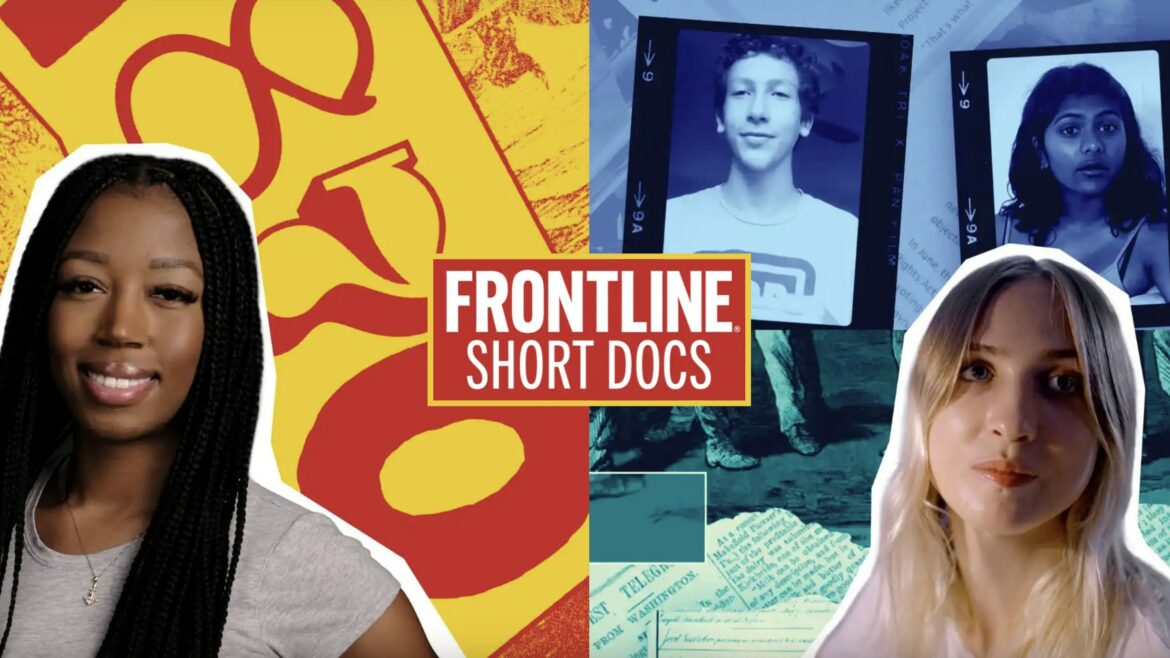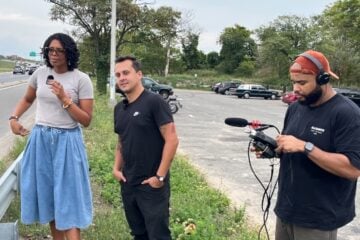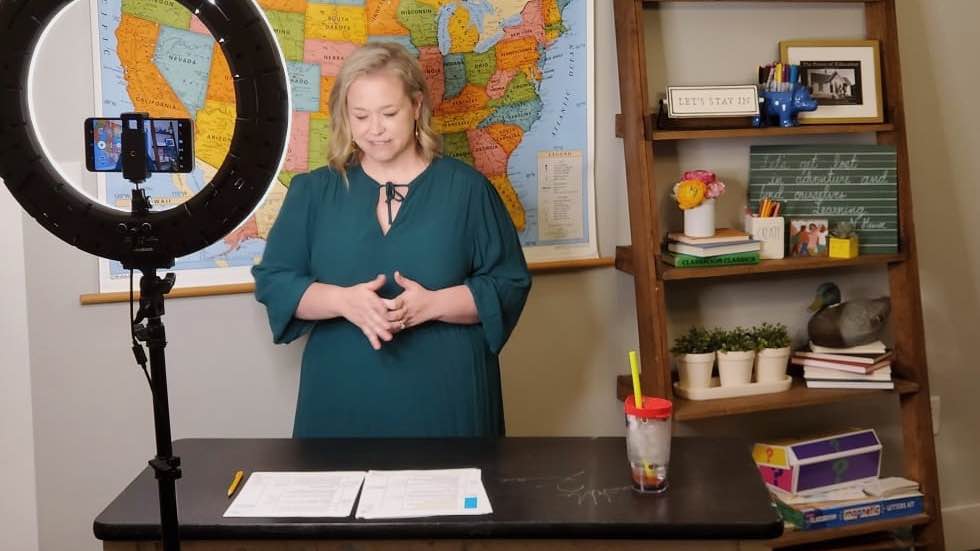‘Frontline’ unveils short docs aimed at younger audiences

Frontline
"Frontline Short Docs" will feature five- to 10-minute mini-documentaries.
Four of the five most-watched videos on Frontline’s YouTube page are nearly two hours long, but if the latest initiative from the investigative journalism program goes perfectly, more of its short-form content will rise in the rankings.
Starting with the Oct. 15 launch of Frontline Short Docs, the journalistic prowess of its production team will be delivered in easily digestible chunks — a four-episode pilot series featuring five- to 10-minute mini-documentaries.
The motivation for the initiative is clear. As platforms like TikTok, Instagram Reels and YouTube Shorts continue to shift the media landscape for younger consumers, Frontline wants in on the action. A trailer for the new series says the goal is to use “small documentaries” to tell “big stories” with none of the mis- and disinformation that can be seen on social media platforms.

“It really struck me as imperative that Frontline be part of reaching older teens and younger adults where they are with the kind of content they watch and with information that can be trusted,” said Raney Aronson-Rath, Frontline’s editor-in-chief and EP.
On Frontline’s YouTube page, the 2020 documentary Amazon Empire: The Rise and Reign of Jeff Bezos has 29 million views, followed by films on Saudi Arabia’s Crown Prince and artificial intelligence. Other than a 5-minute clip from Being Mortal, a 2015 documentary on end-of-life care, Frontline’s most popular YouTube posts are full-length documentaries.
To appeal to teens and younger adults, the series of shorts will feature personal stories and perspectives of interview subjects from that age group. Created with footage from previously broadcast full-length documentaries, the four pilot episodes cover wildfires in California, protests in Russia over the war in Ukraine, voter suppression in the U.S. and reflections on the Holocaust.
In Escaping the Camp Fire, Jordan Huff of Butte County, Calif., recounts the Concow wildfires from November 2018 that killed her grandfather. Huff’s appearance in the seven-minute short, screened in advance by Current, was taken from the 2019 Frontline documentary Fire in Paradise. The short ends with brief clips of more recent wildfires, adding a current-events perspective to the crisis of climate change.
A nine-minute short on the war in Ukraine incorporates scenes about the imprisonment of a young artist from the 2022 documentary Putin’s War at Home. The 2020 documentary Whose Vote Counts and The Last Survivors, a film that aired in 2019, were the source material for the shorts on voter suppression and the Holocaust.
“You see these very big, long documentaries do very well on YouTube, but I want to be clear that that’s an adult audience for the most part. That’s people in their late twenties, thirties and forties,” Aronson-Rath said of Frontline’s online viewership. For younger viewers, documentaries tackling “big world issues” need a different approach. “When you think about the older teenage brain, … sometimes it’s helpful to take a part of that story and do it really well.”
“Basically my hope is that the shorts will stimulate curiosity,” Aronson-Rath added. “That would be a win for me.”
Pilot-tested for classroom uses
Frontline Short Docs received funding from CPB and Laura DeBonis and Scott Nathan, two board trustees for the GBH Educational Foundation in Boston. If the pilot episodes show promise, Frontline may seek more funding to produce additional short-form documentaries.
The shorts are made in collaboration with GBH Education for distribution on PBS LearningMedia — a partnership of PBS and GBH — which offers free digital learning resources for classrooms. Each new episode will have companion curriculum materials that align with national high school standards.
In developing the series, Frontline conducted a series of feasibility surveys, focus groups and interviews to better understand the target audience’s viewing habits. GBH Education tested the series with high school teachers and students to determine which shorts were best for the classroom.
Frontline and PBS LearningMedia also assembled a youth advisory council of approximately a dozen teens who gave feedback on each of the shorts.
During a PBS LearningMedia webinar last month, students from the council discussed the impact that the short documentaries had on them. “One thing for sure, I’ll definitely look at the media that I watch with a much closer lens,” one student said. Another said the shorts “truly opened my eyes” to various news topics.






